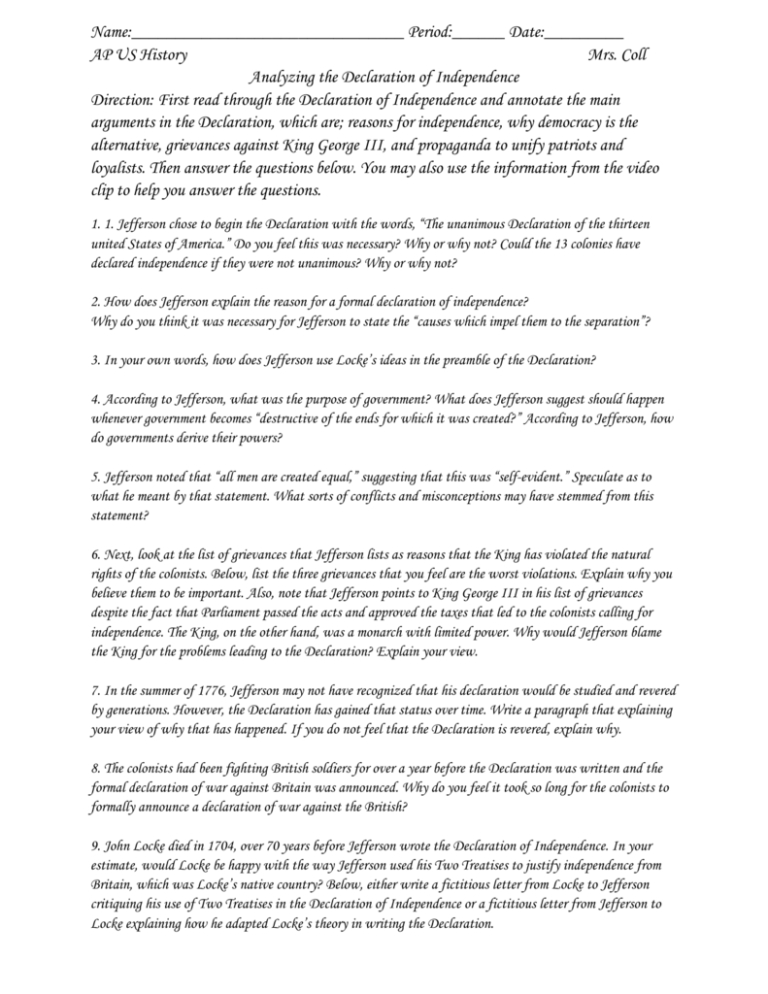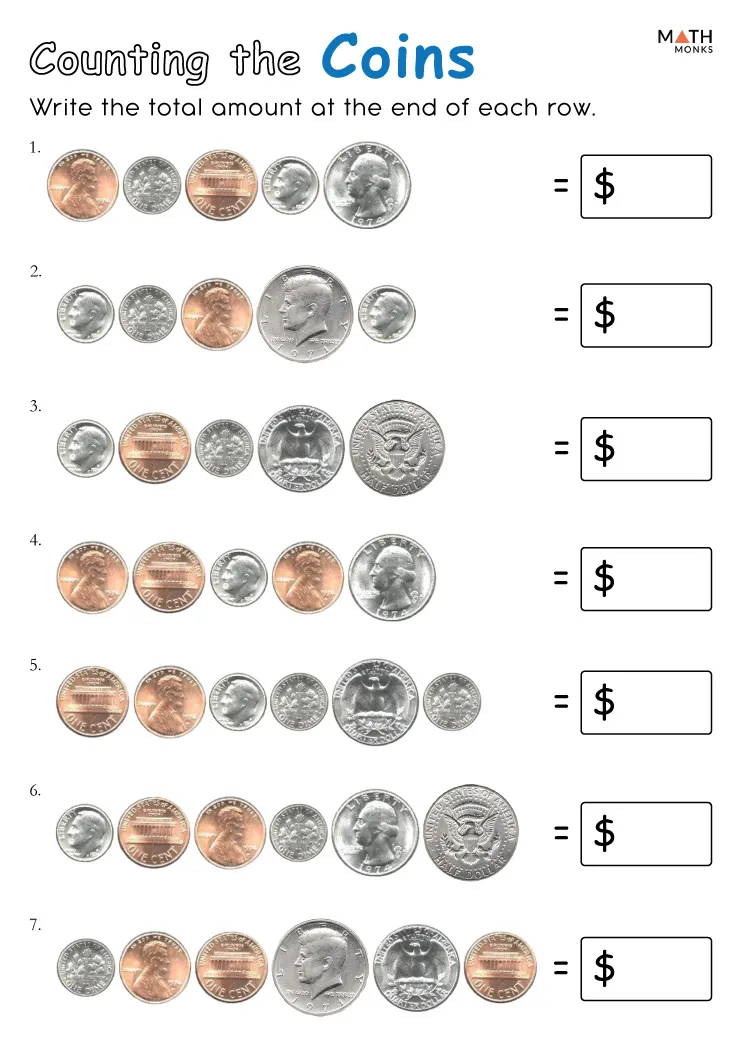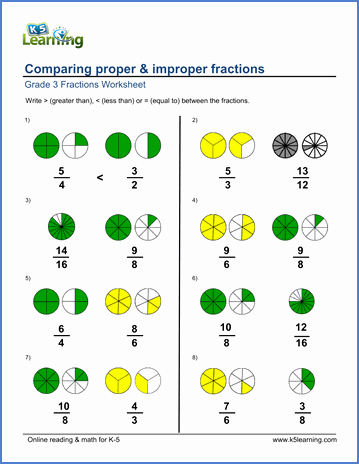3rd Grade Inferencing Worksheets Made Easy
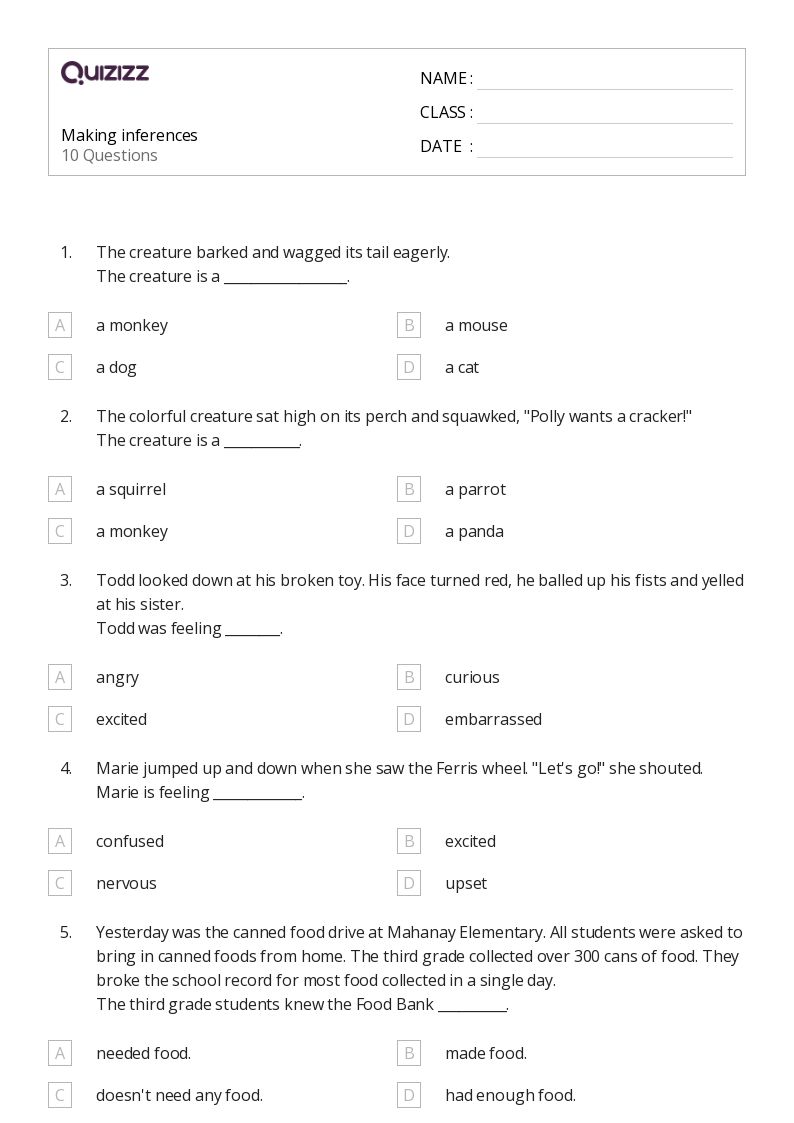
Inferencing in 3rd Grade: Unlocking Critical Thinking Skills
Inferencing is an essential skill for students to master, as it enables them to make logical connections between texts, images, and real-life situations. For 3rd-grade students, developing this skill can be both fun and challenging. In this article, we will explore the world of inferencing, provide practical tips, and offer easy-to-use worksheets to make learning a breeze.
What is Inferencing?
Inferencing is the process of making educated guesses or drawing conclusions based on available information. It involves using context clues, prior knowledge, and critical thinking skills to fill in the gaps and make sense of a situation. In reading, inferencing helps students to:
- Understand the author’s message
- Identify themes and tone
- Make connections between events
- Predict outcomes
Why is Inferencing Important in 3rd Grade?
In 3rd grade, students are developing their reading comprehension skills, and inferencing plays a crucial role in this process. By learning to make inferences, students can:
- Improve their understanding of complex texts
- Enhance their critical thinking skills
- Develop a deeper appreciation for literature
- Prepare for more advanced reading comprehension skills in higher grades
How to Teach Inferencing in 3rd Grade
Teaching inferencing in 3rd grade can be a fun and engaging experience with the right strategies. Here are some practical tips to get you started:
- Use visual aids: Images, diagrams, and charts can help students make connections and infer meaning.
- Ask open-ended questions: Encourage students to think critically by asking questions that promote discussion and exploration.
- Make connections to real life: Use everyday situations to demonstrate the importance of inferencing in real-life scenarios.
- Practice, practice, practice: Provide students with plenty of opportunities to practice inferencing through worksheets, games, and activities.
3rd Grade Inferencing Worksheets Made Easy
To make learning inferencing fun and engaging, we’ve created a range of easy-to-use worksheets that cater to different learning styles. Here are a few examples:
Worksheet 1: Picture This
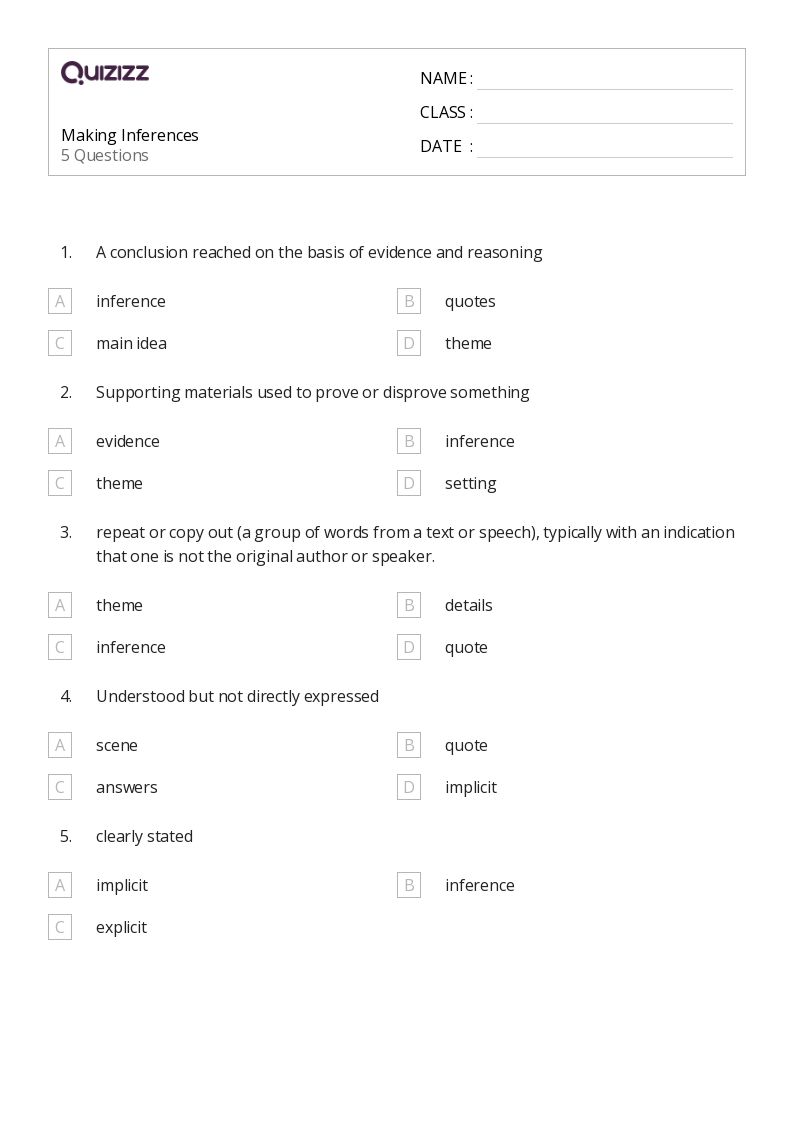
 |
 |
| What can you infer about the weather in each picture? | Use the images to make a prediction about what might happen next. |
Worksheet 2: Story Time
Read the following passage:
“The sun was shining, and the birds were singing. Emma was excited to go to the park. She packed a picnic lunch and put on her favorite dress.”
- What can you infer about Emma’s plans for the day?
- What might happen next in the story?
Worksheet 3: Character Analysis
Read the following description:
“Max is a quiet and shy boy who loves to read. He always carries a book with him and is often lost in thought.”
- What can you infer about Max’s personality?
- What might be some of Max’s strengths and weaknesses?
📝 Note: These worksheets are designed to be adaptable to different learning styles and can be modified to suit individual needs.
Conclusion
Inferencing is a vital skill that can enhance reading comprehension, critical thinking, and problem-solving abilities. By using the strategies and worksheets provided, you can make learning inferencing fun and engaging for your 3rd-grade students. Remember to practice, practice, practice, and encourage students to think critically and make connections to real-life situations.
What is the difference between inferencing and predicting?
+Inferencing involves making educated guesses based on available information, while predicting involves making a forecast or estimate about what might happen next. While related, these skills are distinct and important for reading comprehension.
How can I assess students’ inferencing skills?
+Assessing inferencing skills can be done through a variety of methods, including reading comprehension tests, class discussions, and written assignments. You can also use the worksheets provided to gauge students’ understanding and adjust your instruction accordingly.
What are some common challenges students face when learning to infer?
+Common challenges students face when learning to infer include difficulty making connections between texts, struggling to identify context clues, and relying too heavily on literal meaning. Be patient and provide scaffolding support to help students overcome these challenges.
Related Terms:
- Making inferences worksheets Grade 4
- Inference worksheets 3rd grade PDF
- Free Inference worksheets 3rd grade
- Making inferences 3rd Grade
- Making inferences kindergarten worksheets
